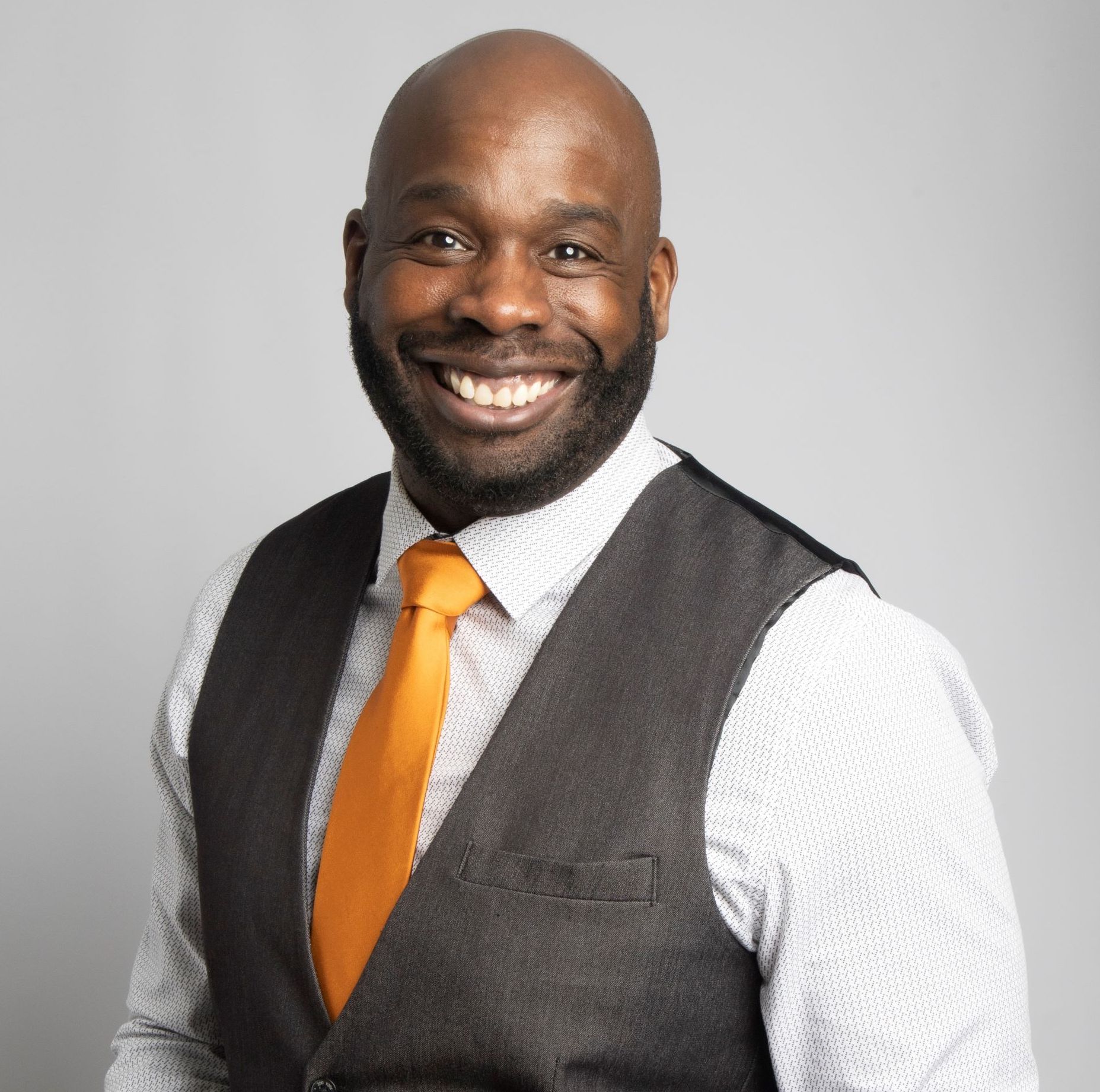Workshop Description
PC 001 Easing the Information Overload: Smart Strategies for eLearning Design
Ever felt overwhelmed by too much information at once? That's cognitive overload speaking, and it's a real challenge in the eLearning world. Our session, "Cognitive Load Theory and Instructional Design," is here to tackle this head-on. We'll explore the cognitive load theory, which helps us understand how information is processed and retained and share actionable strategies to design eLearning content that aligns with our brain's capacity to absorb and learn.
From simplifying complex information to using multimedia elements wisely, this presentation will equip you with the knowledge to create more digestible, effective eLearning courses. Expect lots of real-world examples, tips for immediate application, and a few laughs along the way because learning about cognitive load should be as light on your brain as possible. Join us for a session that promises not just to enlighten but also to inspire new approaches to instructional design that learners will thank you for.
Objectives
- Break down the science of why our brains can only handle so much information at once, and why that's super important for creating eLearning that sticks.
- Apply cognitive load theory principles to discover the secrets to designing course content that fits just right with what our brains can manage, making learning a breeze.
- Develop strategies to give your courses a makeover, turning them into brain-friendly adventures learners will love.
Level: Intermediate
Required equipment: Laptop
Workshop Instructor
Dr. Sean (Bear) Bailey, PhD, EdD, CPLP, NLP

Dr. Sean Bailey, with over 20 years of experience, blends cognitive science analytics with technology-driven education, specializing in learning technologies and psychology. Holding a PhD in Behavioral Psychology and Learning, and an EdD in Interdisciplinary Leadership, much of his work focuses on cognitive load theory—how working memory's capacity affects learning. As a Certified Professional in Learning and Performance and with certifications in Behavioral Therapy and Neuro-Linguistic Programming, Bailey has evolved from developing educational software to leading learning and development strategies. He emphasizes creating learning materials that align with learners’ cognitive capacities, applying intrinsic, extraneous, and germane loads principles to prevent overwhelming learners. A sought-after speaker and prolific author, Bailey’s insights on cognitive load theory have made significant impacts on educational psychology and instructional design. His approach advocates for learning experiences that are engaging, effective, and tailored to meet cognitive needs, aiming to transform the instructional design landscape with practical, theory-based strategies.
